The traditional Chinese lunar calendar divides the year into 24 solar terms. Qingming Festival, the 5th solar term, sts this year on Apr 5 and ends on Apr 19.
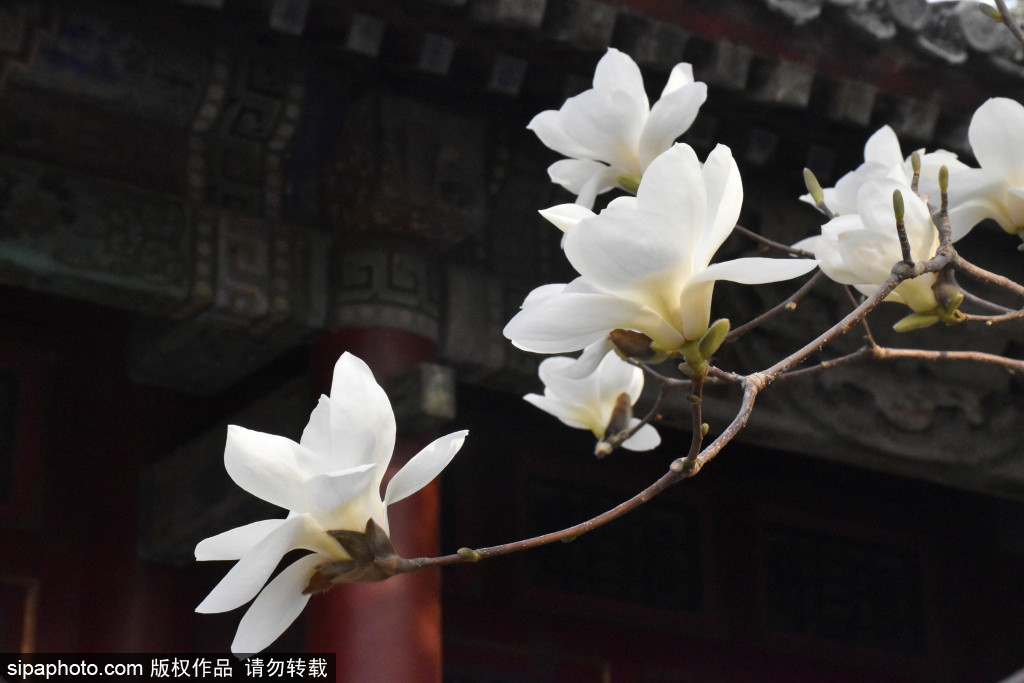
Of all the 24 solar terms, Qingming Festival is the only one whose first day is also a traditional Chinese festival, Qingming Festival or Tomb-Sweeping Day. The words "clear" and "bright" describe the weather during this period. Temperatures begin to rise and rainfall increases, making it a crucial time for plowing and sowing in the spring.
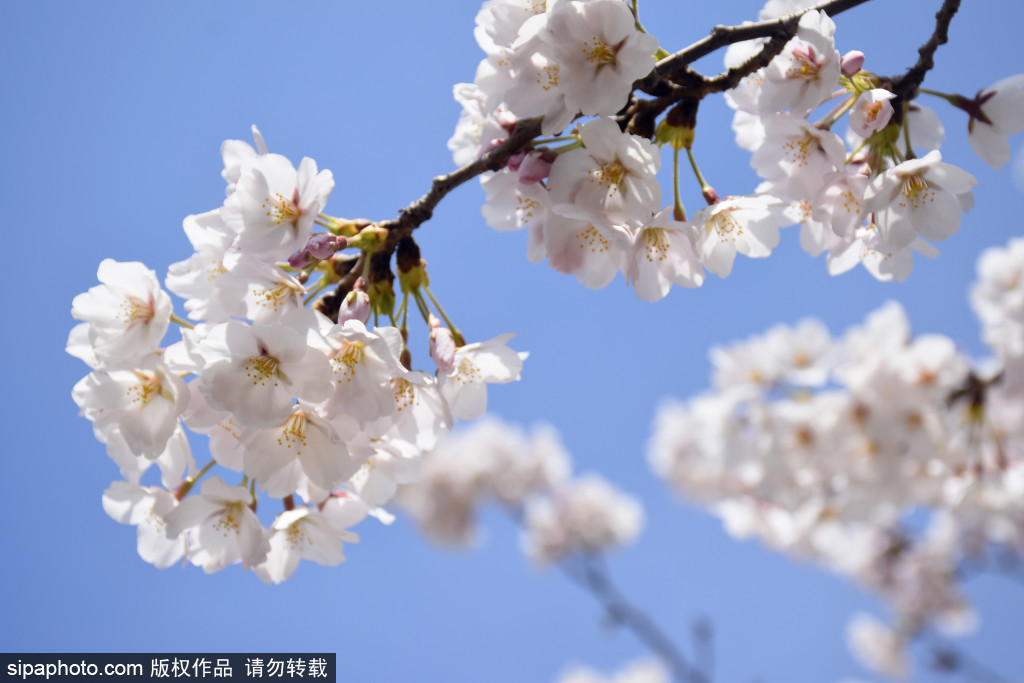
The Legend of Jie Zitui
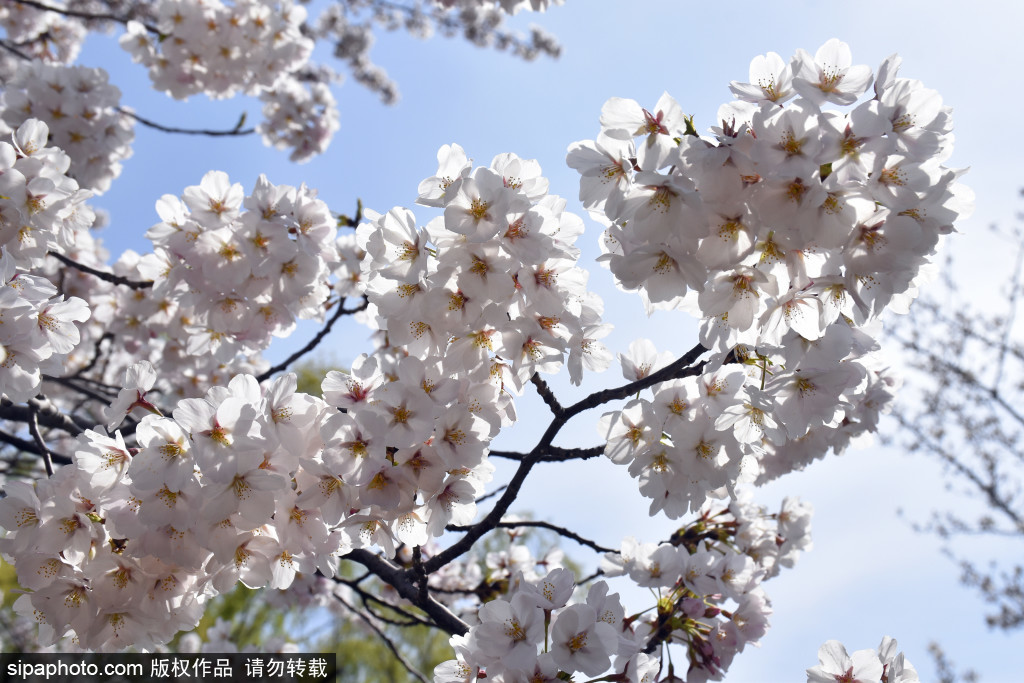
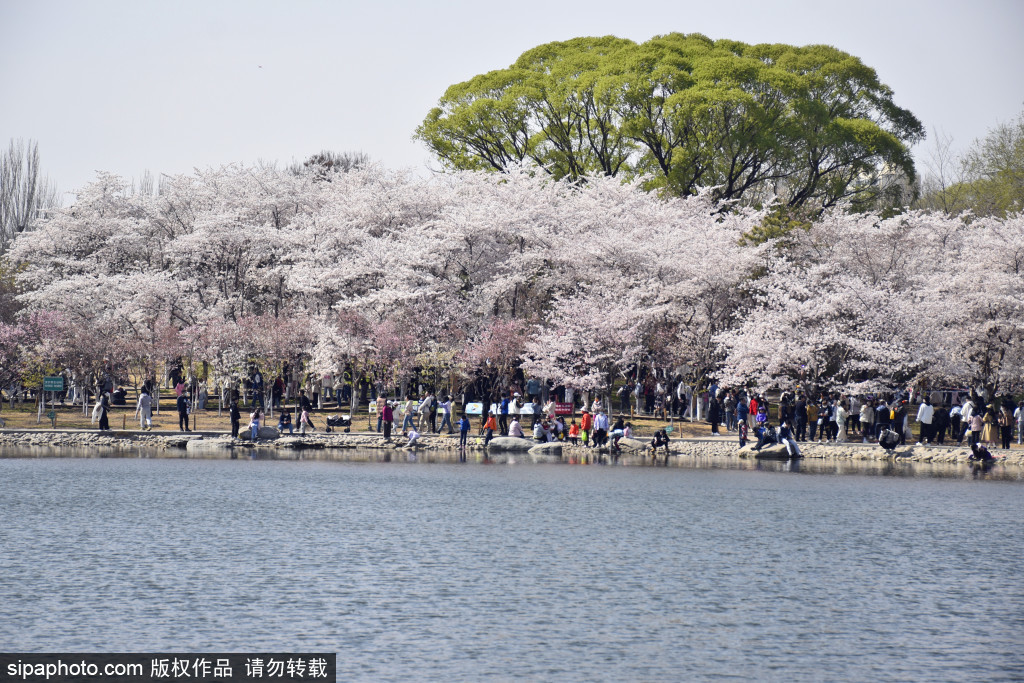
During the Spring and Autumn Period, Prince Chong'er of Jin fled persecution and lived in exile. At a desolate location during their journey, extreme hunger left the prince too weak to stand. When all seemed hopeless, minister Jie Zitui quietly cut flesh from his own thigh to make soup. When Chong'er discovered this sacrificial act, he was moved to tears.
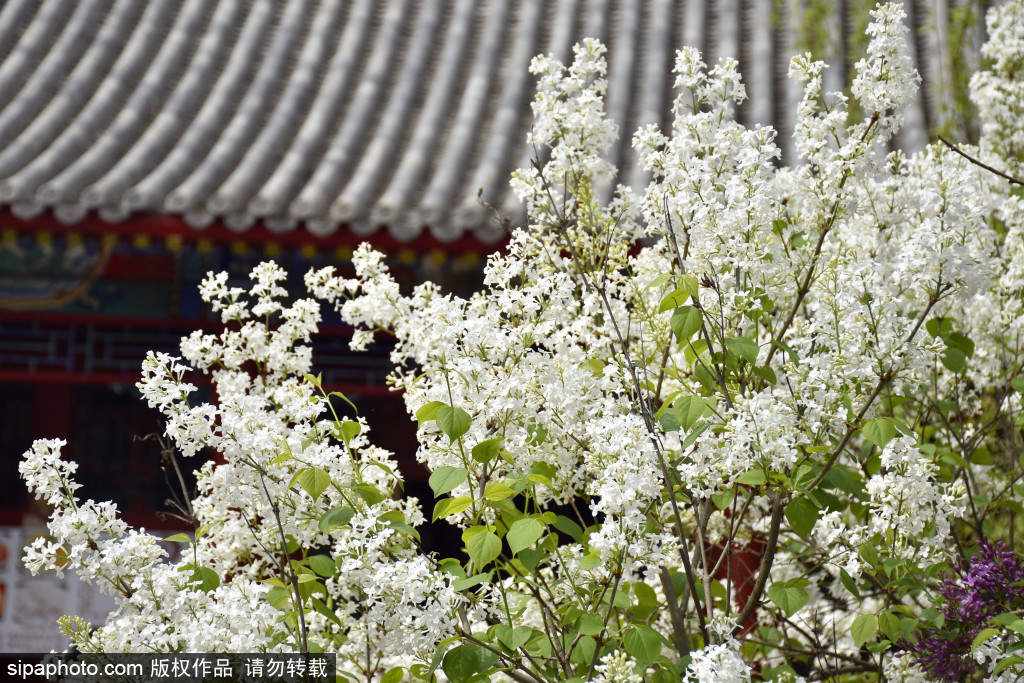
Nineteen years later, Chong'er became Duke Wen of Jin. While rewarding his former companions, he initially forgot Jie Zitui. Though many urged Jie to claim recognition, the minister despised those seeking rewards. He instead retreated with his aged mother to Mian Mountain.
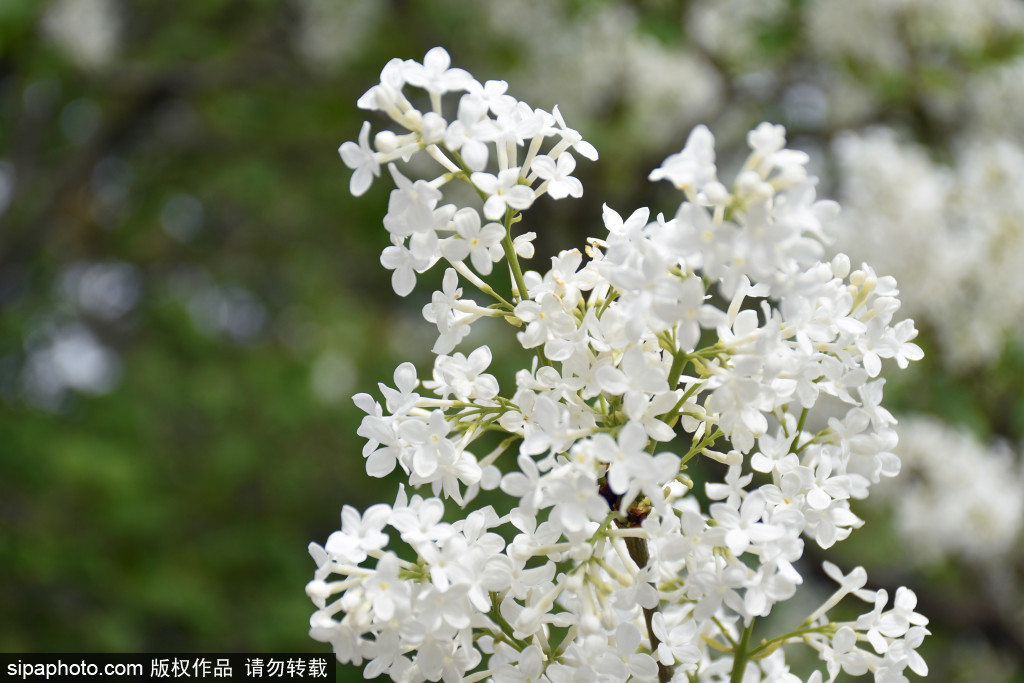
The remorseful Duke personally sought Jie at Mian Mountain, but the dense forests made searching difficult. Following misguided advice, soldiers set fires to three sides of the mountain to force Jie out. After the flames died, Jie was found dead under a willow tree, still carrying his mother. A blood-written message in the tree read: "My flesh served my lord with loyalty true, May your reign stay enlightened through and through." The duke established Cold Food Festival to commemorate Jie. When returning next year, he found the willow revived and renamed it "Qingming Willow," declaring the following day as Qingming Festival.
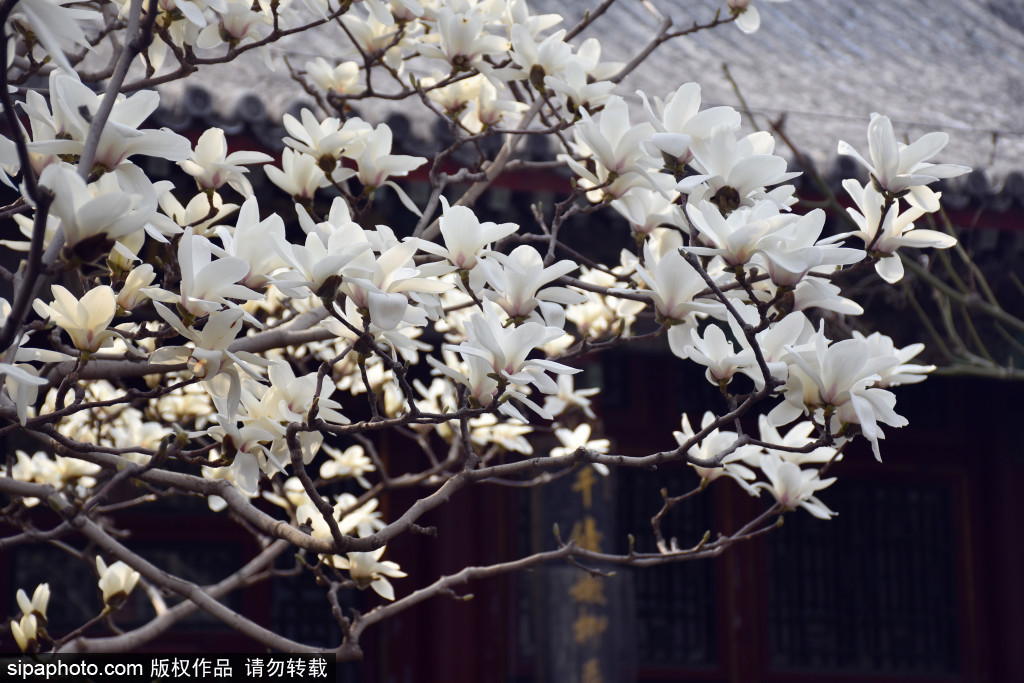
Historical Development
Originally a solar term, Qingming evolved into an ancestral memorial festival through its connection with Cold Food Festival. The fire prohibition tradition reflected ancient Chinese fire-renewal customs. In primitive societies, obtaining fire through wood drilling required seasonal wood changes. The fire-renewal period in spring mandated fire prohibitions until new fire arrived. Han Dynasty records show Cold Food Festival as "No-Smoke Day," where commoners couldn't light fires until evening when palace flames were distributed.
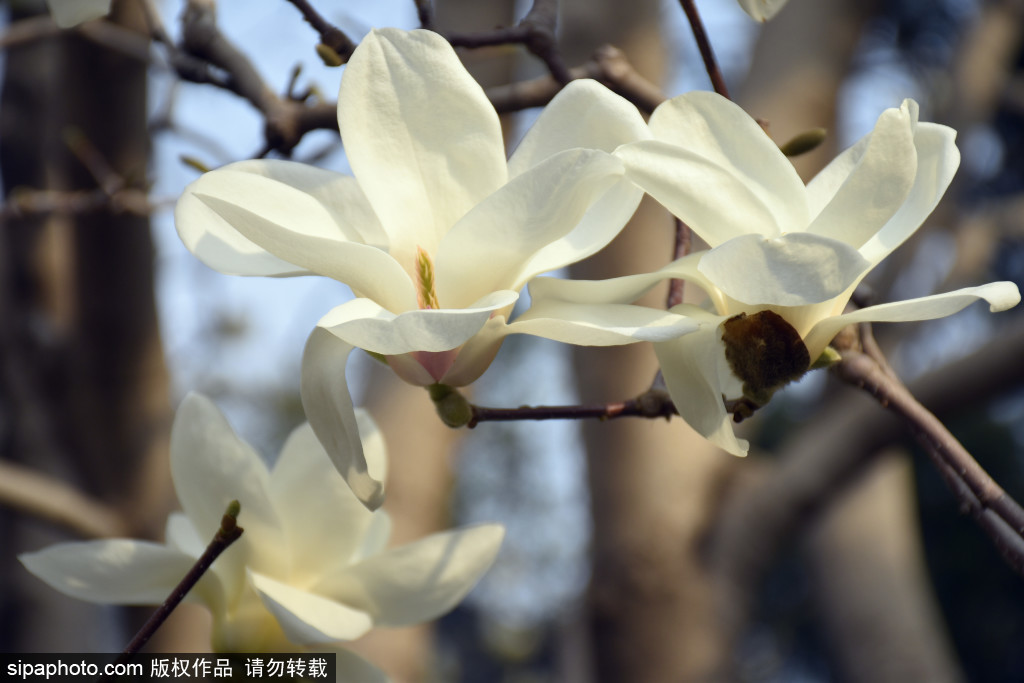
Cold Food customs included fire prohibition and tomb sweeping. Ancient Chinese emphasized ancestral worship. Early burials used simple pits without markers, with rituals conducted at ancestral temples. Later, mound-building enabled cemetery worship. By the Warring States period, grave worship became prevalent, flourishing through Qin and Han dynasties.
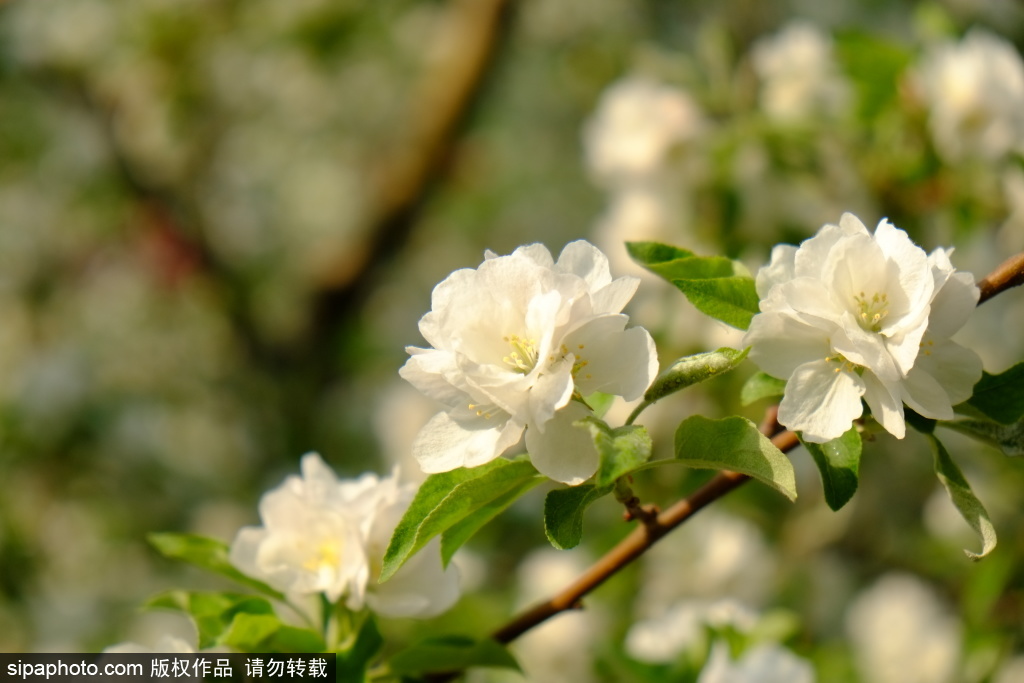
In Tang Dynasty, both nobles and commoners observed Cold Food tomb-sweeping as root-seeking ritual. As Qingming approached Cold Food, people extended sweeping to Qingming. Poets like Wei Yingwu wrote of "Qingming and Cold Food's spring blooms." Imperial decrees formally combined the holidays 1,200 years ago, initiating Qingming's status as a recognized festival.
During Song-Yuan periods, Qingming surpassed Cold Food Festival in importance, absorbing its customs like cold meals, football, and swing games while maintaining tomb-sweeping as the core. By Ming-Qing eras, Qingming remained essential in spring life. The Republican era officially recognized tree-planting as standard practice, formalizing existing folk traditions.



